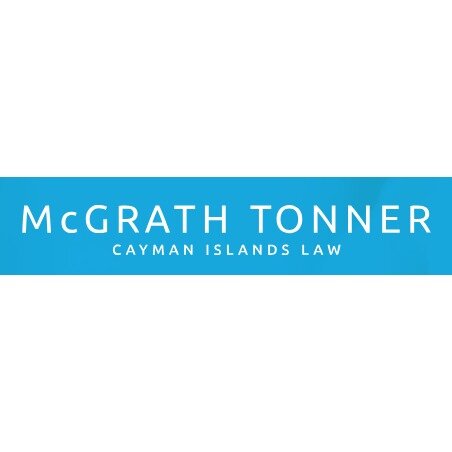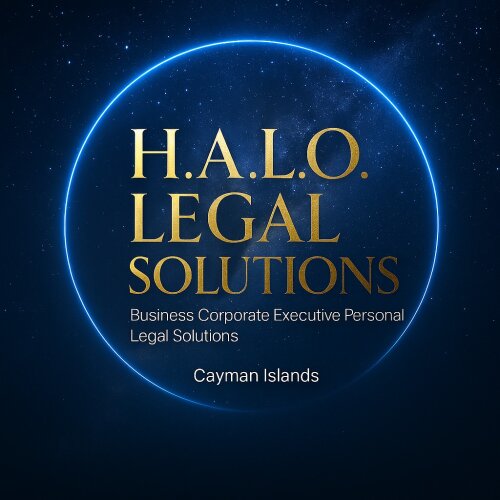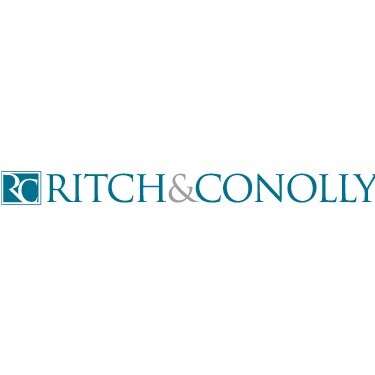Best Structured Finance Lawyers in Cayman Islands
Share your needs with us, get contacted by law firms.
Free. Takes 2 min.
Or refine your search by selecting a city:
List of the best lawyers in Cayman Islands
About Structured Finance Law in Cayman Islands
Structured finance is a sophisticated area of finance that allows organizations and investors to manage risk, raise capital, and engineer complex financial transactions. The Cayman Islands has established itself as a leading global hub for structured finance, offering flexible legal structures, a robust and modern legal system, and a business-friendly regulatory environment. The jurisdiction is well known for facilitating a range of structured finance transactions, including securitizations, collateralized loan obligations (CLOs), asset-backed securities, and special purpose vehicles (SPVs). The Cayman Islands’ prominence is driven by its creditor-friendly laws, political stability, and the absence of direct taxes, which help attract international investors and financial institutions.
Why You May Need a Lawyer
Engaging a lawyer experienced in structured finance is essential due to the complexity and regulatory demands of this field. Here are common situations where legal advice is crucial:
- Setting up special purpose vehicles (SPVs) or orphan entities
- Structuring securitization or asset-backed security deals
- Negotiating and drafting documents for complex financial products
- Understanding compliance obligations with Cayman and international regulations such as AML (Anti-Money Laundering) and FATCA
- Advising on risk mitigation, insolvency matters, or investor protections
- Offering guidance on the issuance of notes, bonds, or other debt instruments
- Facilitating cross-border transactions and addressing multi-jurisdictional concerns
- Handling regulatory filings and ongoing corporate governance requirements
Cayman Islands law can present unique challenges, and without expert legal guidance, parties risk transaction delays, unforeseen liabilities, or regulatory breaches.
Local Laws Overview
Structured finance in the Cayman Islands operates within a developed legal framework. The laws are primarily based on English common law, modified and supplemented by local statutes. Some key legislative and regulatory points relevant to structured finance include:
- Companies Act (2023 Revision): Governs the formation, management, and operation of companies, including SPVs commonly used in structured finance.
- Trusts Act (2021 Revision): Frequently used if the transaction involves trust structures or orphan vehicles.
- Securities Investment Business Act (2020 Revision): Oversees investment businesses and may apply to investment managers, advisors, or related participants.
- Private Funds Act (2021 Revision): Regulates the establishment and ongoing operations of investment funds, which may feature in structured deals.
- Mutual Funds Act (2021 Revision): Regulates mutual funds, including some structured finance investment vehicles.
- Anti-Money Laundering Regulations: All participants must comply with stringent AML and KYC (Know Your Customer) obligations.
- Insolvency Regime: The Cayman Islands offers clear legal processes for insolvency and creditor protection, important when structuring deals to manage potential default scenarios.
These laws ensure the Cayman Islands provides a flexible and reputable legal environment for structured finance transactions, while ensuring compliance with global standards.
Frequently Asked Questions
What is an SPV and why is it used in the Cayman Islands?
A Special Purpose Vehicle (SPV) is a separate legal entity created to isolate financial risk and is commonly used in structured finance to hold assets and issue securities. The Cayman Islands is preferred due to its efficient incorporation process, creditor-friendly laws, and tax-neutral regime.
Do I need to be physically present in the Cayman Islands to set up an SPV?
No, it is not necessary to be physically present. Most aspects of company formation and transaction execution can be handled remotely with the assistance of a local lawyer or corporate services provider.
Is the Cayman Islands a tax haven, and how does this affect structured finance?
The Cayman Islands does not levy direct taxes such as income, capital gains, or corporate taxes, making it attractive for structured finance transactions. However, all entities must comply with international transparency and anti-money laundering regulations.
What are the regulatory requirements for structured finance vehicles?
Depending on the structure, vehicles may need to register with the Cayman Islands Monetary Authority (CIMA) and must comply with statutory obligations, filings, and AML regulations. Legal advice can clarify which licenses or registrations are necessary.
How are investors protected in Cayman Islands structured finance transactions?
Investors are protected through contract law, transparent legal procedures, and regulatory oversight by CIMA. Properly structured deals will use independent corporate service providers for governance and administration.
Do Cayman Islands SPVs require local directors?
Generally, local directors are not required, but using professional directors based in the Cayman Islands is common for governance and regulatory compliance purposes.
Are Cayman-structured finance transactions recognized internationally?
Yes, the Cayman Islands is a well-established international finance center. Transactions structured under its laws are widely recognized and respected by courts and counterparties in leading financial jurisdictions.
What are the ongoing compliance obligations for a structured finance entity?
Entities must comply with annual filing requirements, maintain proper accounting records, appoint anti-money laundering officers, and meet any licensing conditions if regulated by CIMA.
Can structured finance entities in Cayman Islands open accounts with banks?
Yes, Cayman Islands entities can open accounts with both local and international banks, though banks will perform rigorous due diligence in line with global AML practices.
How can a lawyer assist with dispute resolution or insolvency involving structured finance structures?
A qualified lawyer can provide guidance on enforceability of contracts, asset recovery, creditor rights, and the insolvency process under Cayman law, ensuring your interests are protected.
Additional Resources
For further information and support regarding structured finance in the Cayman Islands, you may consider consulting the following resources and organizations:
- Cayman Islands Monetary Authority (CIMA) - The main regulator of financial services in the jurisdiction
- The Cayman Islands Government’s General Registry - For company and partnership registrations
- Cayman Islands Financial Services Industry Association (CIFSA) - Industry body providing insights and resources
- Local industry publications and legal journals focused on offshore finance
- Cayman Finance - Promotes the financial services sector and provides updates on regulatory matters
- Professional service providers and law firms specializing in structured finance
Next Steps
If you are considering engaging in a structured finance transaction or need assistance with existing structures in the Cayman Islands, it is important to consult with a qualified lawyer specializing in this field. Here are steps you can follow:
- Identify your objectives and gather relevant documentation related to your proposed transaction or entity
- Research and select a reputable Cayman Islands law firm or legal advisor with expertise in structured finance
- Schedule a consultation to discuss your needs, legal options, and potential risks
- Request a clear explanation of costs, timelines, and compliance obligations
- Work with your legal advisor to ensure all legal and regulatory requirements are satisfied throughout the life of your transaction or structure
Taking a proactive approach with skilled legal support will help safeguard your interests and enhance the efficiency and security of your structured finance activities in the Cayman Islands.
Lawzana helps you find the best lawyers and law firms in Cayman Islands through a curated and pre-screened list of qualified legal professionals. Our platform offers rankings and detailed profiles of attorneys and law firms, allowing you to compare based on practice areas, including Structured Finance, experience, and client feedback.
Each profile includes a description of the firm's areas of practice, client reviews, team members and partners, year of establishment, spoken languages, office locations, contact information, social media presence, and any published articles or resources. Most firms on our platform speak English and are experienced in both local and international legal matters.
Get a quote from top-rated law firms in Cayman Islands — quickly, securely, and without unnecessary hassle.
Disclaimer:
The information provided on this page is for general informational purposes only and does not constitute legal advice. While we strive to ensure the accuracy and relevance of the content, legal information may change over time, and interpretations of the law can vary. You should always consult with a qualified legal professional for advice specific to your situation.
We disclaim all liability for actions taken or not taken based on the content of this page. If you believe any information is incorrect or outdated, please contact us, and we will review and update it where appropriate.
Browse structured finance law firms by city in Cayman Islands
Refine your search by selecting a city.

















